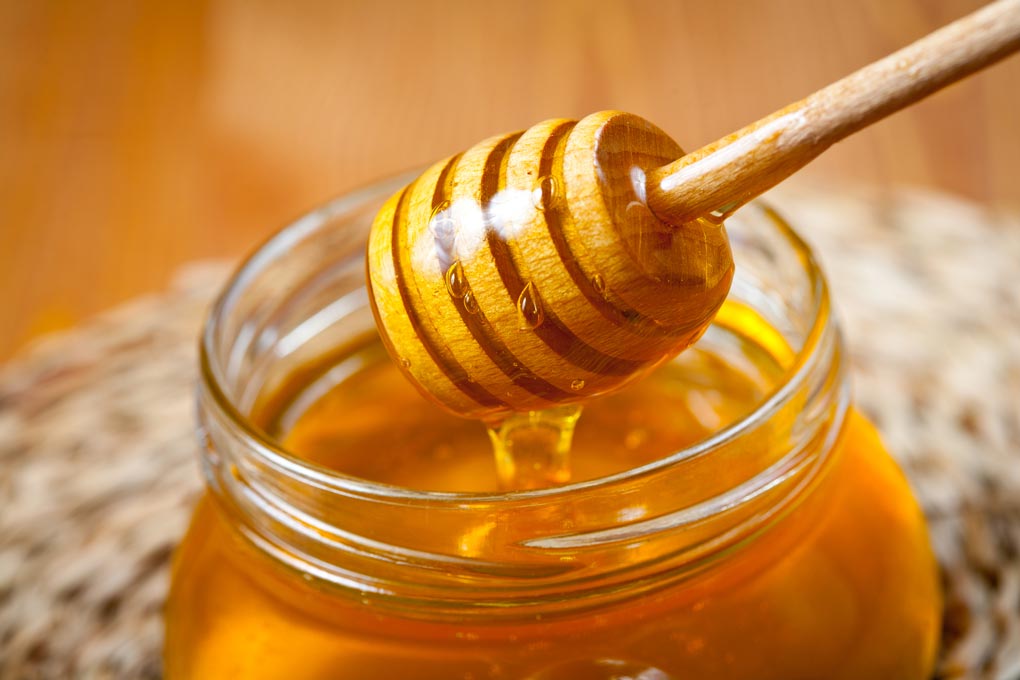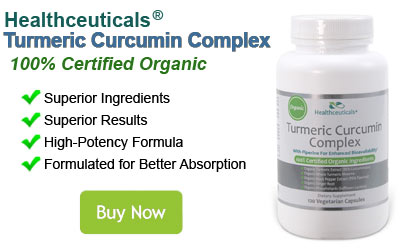
Honey is a thick, sweet substance made by bees (and some other insects) and harvested as food for humans. Honey is about 82% sugar. The rest of its nutrient panel depends on the plants used to produce it. Honey can vary widely in the minerals, vitamins, and antioxidants it contains depending on where and with which flowers it was produced.
How Do Bees Make Honey?
Bees and some other insects make honey by collecting nectar from flowers and taking it back to their hive. The nectar, mixed with enzymes from the bee's body, gets stored in the beehive and, over time, the extra water it contains evaporates until it's the right consistency. Bees' bodies also produce wax, which they seal the honey into the comb with, and that keeps it stored and ready for them to use as food indefinitely.
Interesting Things About Honey
Here are some fascinating things you might not know about honey:
- It can be useful for healing skin wounds (of people and pets) because it has antimicrobial properties (Iwara, 1991).
- Archaeologists have found honey in tombs that's still good even though it's thousands of years old (the antimicrobial properties mentioned above have something to do with this).
- Some honey can cause psychotropic effects in people who eat it. This is the result of toxins in the flowers used to make it: "The Last Death-Defying Honey Hunter of Nepal."
- Some people who are vegan eat honey, not considering it to be a direct animal product like milk or meat. Other vegans do not eat honey because they do see it as an animal product or one that can be mass-produced and exploitative to bees.
- There are over 20,000 bee species, but most of them don't make honey. In fact, there are only seven known honey-producing bee types.
- Beekeepers can harvest honey from a hive because the insects produce two or three times the amount of honey they need to get through the winter.
- Honey-making is not the most crucial job of bees as it relates to humans: pollination is. Bees carry pollen from one flower to another, fertilizing them and helping the plants continue to thrive. Without that pollination, plant species would begin to die out and, after that, animal species would go extinct too.
- Eating locally made honey might help people who suffer from seasonal allergies. Because local honey is made with the plants that a person is allergic to, ingesting it can deliver tiny amounts of the allergens into the person's body, where it can help teach the immune system not to overact to it.
Is Honey Good for You?
Honey is high in sugar. However, it is a whole food, found in nature, so there are probably some health benefits to eating it over refined sugar. If you use honey to replace some of the sugar you are already eating, it's likely to be a healthy choice. However, if you're adding honey to your diet without decreasing other sugar sources, it's likely that any health benefits from it will be overridden by the fact that you're eating more sugar.
Check with your doctor to find out whether replacing some of the sugar in your diet with honey might be a good choice for your specific health and medical conditions.
References
- Iwara, S. E. (1991, June 18). The antimicrobial spectrum of honey and its clinical significance. Retrieved from springer.com.
You May Also Like These Articles/Recipes:
How to Use Stevia in Your Picnic Foods


